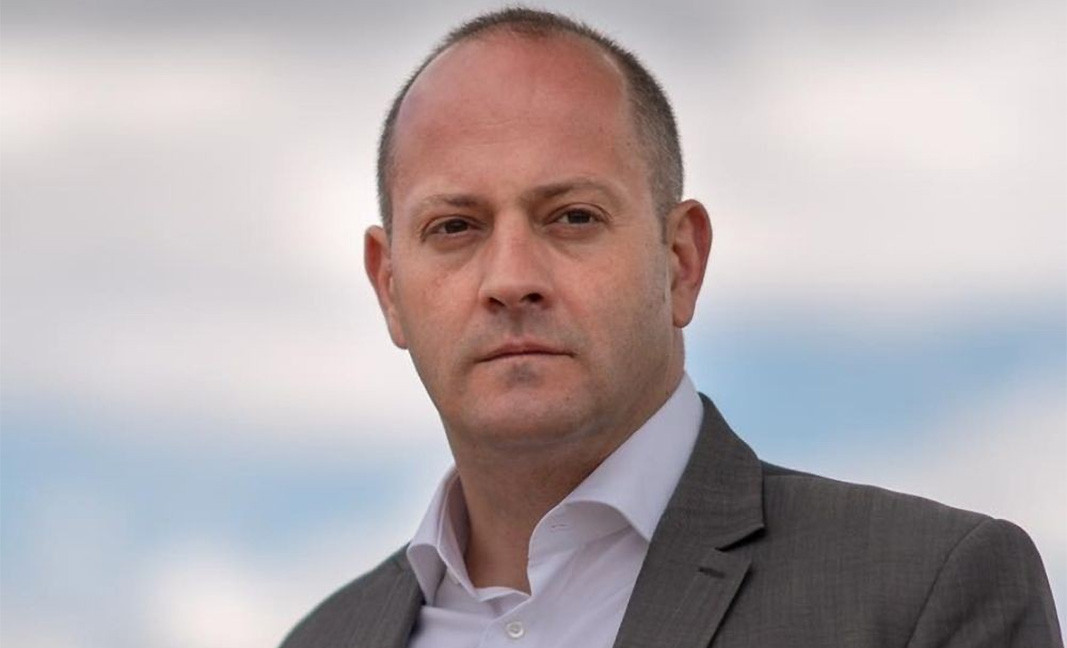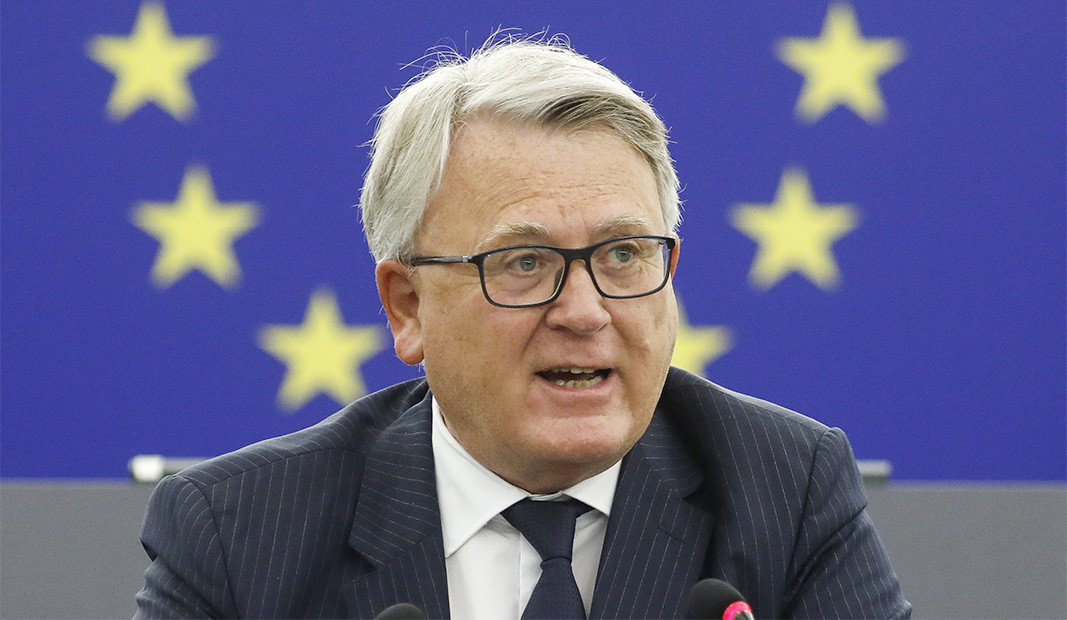Labour mobility within the EU should be made easier for workers as well as for employers, with clearer rules to ensure fair, equality-based working conditions. This is the aim of a report drafted by European People’s Party MEP Radan Kanev and his team before the start of the corona-crisis, a report that has acquired particular importance in light of the restrictions connected with the pandemic.
Initially, the document was drafted as a response to the deep divide among the political groups, and between East and West on the questions of labour mobility. It also has a powerful effect on the legal protection of hundreds of thousands of mobile workers, including from Bulgaria. According to data of the Committee on Social Affairs, Employment, Education, Culture and Civil Society, there are more than a million and a half cross-border workers, but the number of seasonal workers is much higher. Many of them were abandoned by their employers and dropped out of the social system after the outbreak of the pandemic. Very often seasonal workers who contracted the virus are left without social security. That is why the Covid-19 crisis alerted the people who set down the rules in the EU to the fact that they should turn their attention to mobile and posted workers, and that their work cannot be a synonym of modern-day human exploitation.
“It is on human beings that we must focus, on workers, on the problems they face, as well as on small companies and the problems they have,” MEP from Bulgaria Radan Kanev emphasizes in his report:

“The moment the Covid crisis hit us, it posed innumerable new questions and challenges with regard to this report. All of a sudden we realized that labour mobility is far from guaranteed, that there are a host of problems in exercising this right, but also problems ultimately pertaining to social and even human rights – from an inability for people to reach their contractual workplace and start work, through the staggering potentiality of their being unable to return to the country where they leave when they quit or have been laid off. Over a long period of time in 2020 many seasonal workers found they were, to all intents and purposes, prisoners inside the “working hostels” where they were accommodated, without being able to leave them, without guaranteed access to food even. So that, on a massive scale – tens of thousands, maybe even hundreds of thousands of European citizens found themselves confined to a given territory, out of a job, their healthcare rights lost, and this in the midst of a raging pandemic.”
In plenary, the European Parliament approved the report without any amendments, and with an overwhelming majority. From this point on, the objectives set down depend on the will and the work of the European Commission and the European Labour Authority. But it is agreed by all that labour mobility is of enormous significance for the smooth functioning of the single European market.
According to Nicolas Schmit, European Commissioner for Jobs and Social Rights, workers’ freedom, their mobility, the mobility of services are fundamental rights for which there must be favourable conditions without discrimination, and there must be equal rights for all:

April 1 was declared International Bird Day in 1906, under the International Convention for the Protection of Birds. The date symbolizes mankind's responsibility for the conservation and preservation of wildlife. Today, 119 years after its..
A new short film showcasing Bulgaria's natural beauty, resorts and leisure opportunities is set to attract tourists from China and the Middle East. Titled "Bulgaria: A Touch of Nature" and created by Stiliyan Kadrev, the 15-minuteo offers a visual..
Guided by the idea of preserving the Bulgarian spirit, culture and language, with 35 years of experience as a Bulgarian teacher and having worked in different European countries, in 2017, Iliana Boyajieva Smith founded a Bulgarian school in..
Shortly after the opening of the motorcycle season in Sofia at the end of March, Bulgaria's capital city will host the country's largest motorcycle..
Since its establishment on April 11, 2022, the Institute for Computer Science, Artificial Intelligence and Technology – INSAIT has..
Romanian police and military personnel worked as mercenaries in Congo According to a report by the Romanian Ministry of the Interior, 11..

+359 2 9336 661
